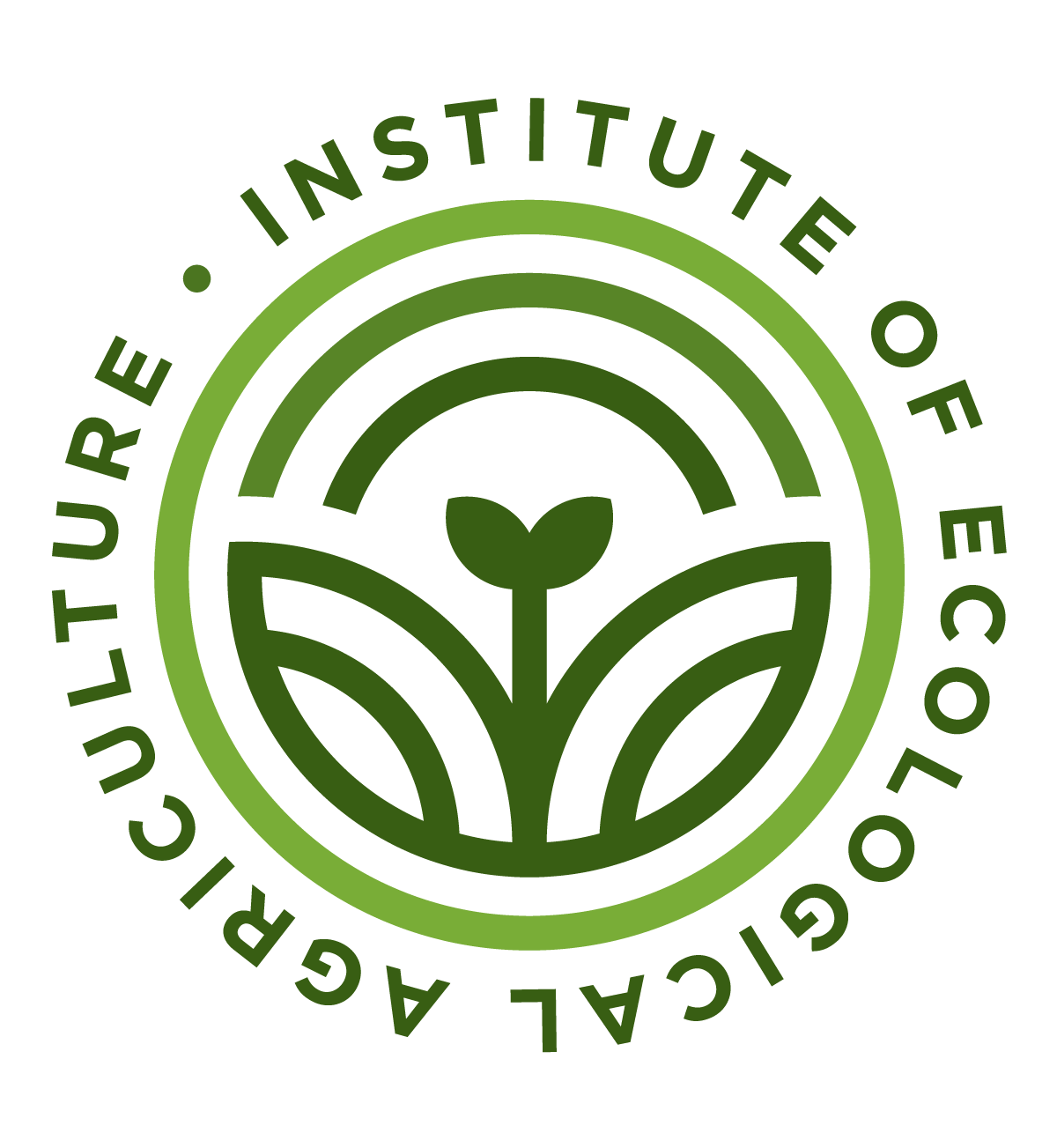
About the IEA
We are a co-operative, and registered charity.
The structures of institutions reflect the true values and agendas behind their rhetoric. The IEA is an incorporated co-operative and official registered charity.
Co-operatives have a member-owned, community-led governance model that distributes decision-making and empowers those who would otherwise not have a voice. They build resilience in communities by giving capacity to make their own decisions.
Structure & function
Co-operative rules
Originally established in 2009, the association evolved into a co-operative structure in 2016 registered under the Co-operatives Act [1992] operating under a defined set of rules formally set out in the IEA Rules [Constitution]. These rules have been submitted to the Co-op Registry and comply with, and to some extent, expand (environmentally) the rules and principles of the International Co-operative Alliance for the purpose of a co-operative that works in the agricultural/environmental arena.
Charity Status
In January 2024 the IEA co-operative successfully gained registration as a charity under the Australian Charities and Not-for-profits Commission [ACNC]. Our formal registration profile and documentation can be accessed here. Becoming a charity has several benefits for stakeholders involved with the IEA as outlined here.
10 Principles of membership
We are led by a board of elected members who determine directions; represent members in interactions with other institutions (national and international) or government; and lobby on behalf of members.
IEA is beholden to, and fully supportive of, the seven international principles of cooperation as established by the International Co-operative Alliance. In addition, the IEA has identified and adopted three of our own principles for an ecological context:
International Co-operative Alliance principles
Voluntary and open membership: co-operatives are voluntary organisations, open to all who are able to use their services and willing to accept the responsibilities of membership, without discrimination.
Democratic member control: co-operatives are democratic organisations controlled by their members, who actively participate in the setting of policies and decision-making. Members have equal voting rights (one member, one vote).
Member economic participation: members contribute equally to the funds of the co-operative and control the allocation of surplus funds.
Autonomy and independence: co-operatives are independent organisations controlled by their members. Any agreements entered into with other organisations must ensure democratic control by members and the co-operatives independence.
Education, training and information: co-operatives provide education and training for their members, elected representatives, managers, and employees so they can contribute effectively to the development of their co-operative. They inform the general public about the nature and benefits of co-operation.
Co-operation among co-operatives: co-operatives serve their members most effectively and strengthen the co-operative movement by working together.
Concern for community: co-operatives work for the sustainable development of their communities through policies approved by their members.
Additional IEA principles
Three additional principles have been developed by IEA to guide membership in an ecological context:
8. Concern for a declining environment: IEA is concerned about the impacts of a declining rural environment and the harm done from current and potential (future) land uses on farmland and natural ecosystems.
9. Concern for lack of holistic approaches: IEA is concerned about the lack of emphasis on holism in education and agriculture; and the impact this has on the natural environment, farm productivity and the well-being of people.
10. Collaboration for climate: IEA aims to collaborate with national and international bodies responding to climate change in an ethical manner beholden to social and environmental standards and the principles of climate justice.
Meet the Board
The IEA is led by a member-elected Board, currently comprising 11 volunteer Directors.
The Board meets monthly as a collective for online meetings and also as separate working group sub-committees advancing specific areas of IEA work.
Click through to read our Director biographies.

